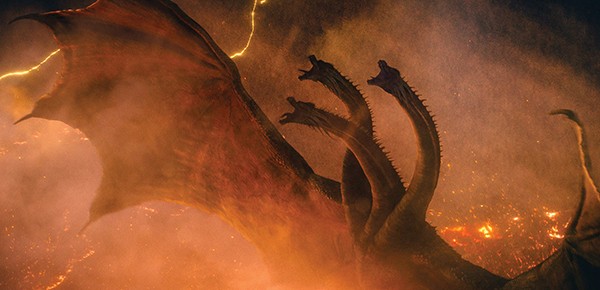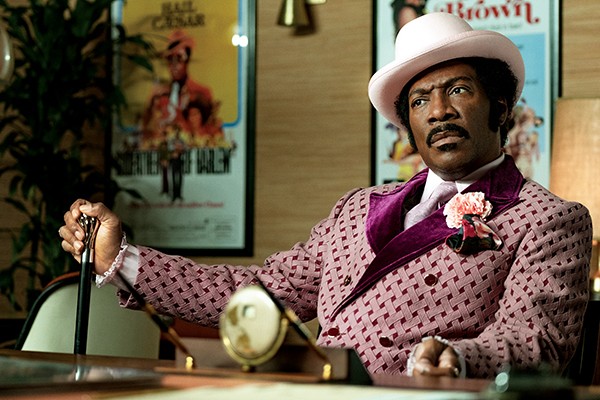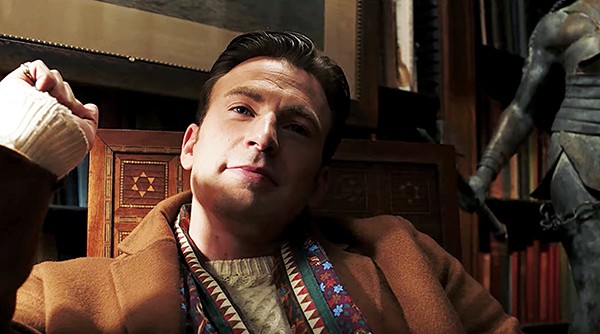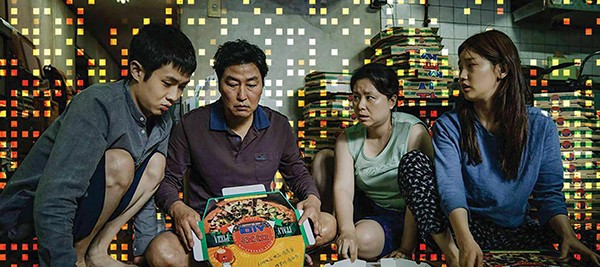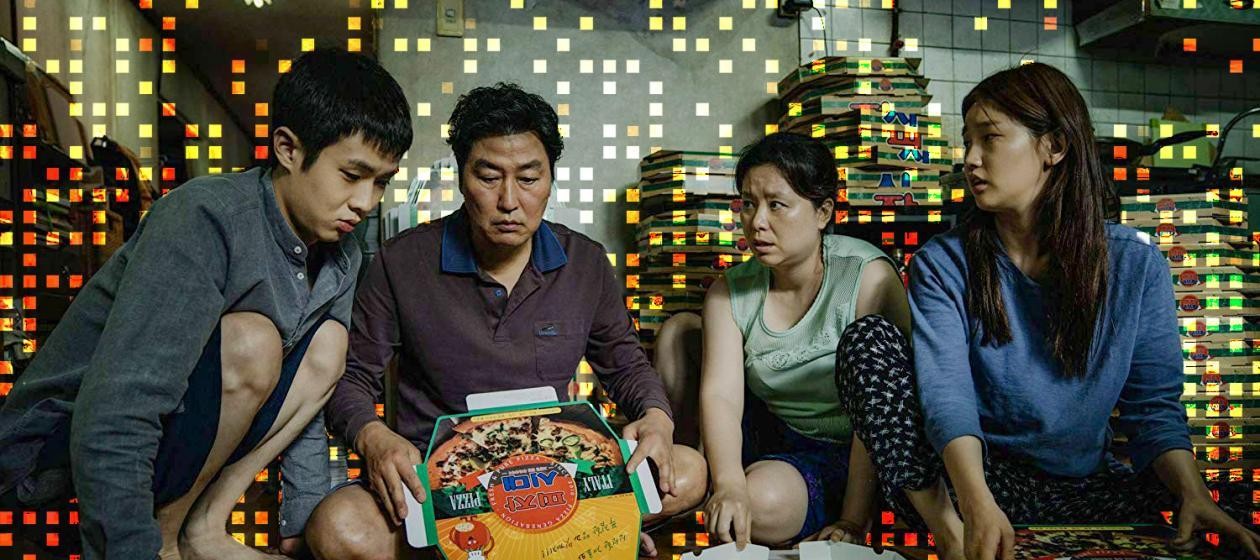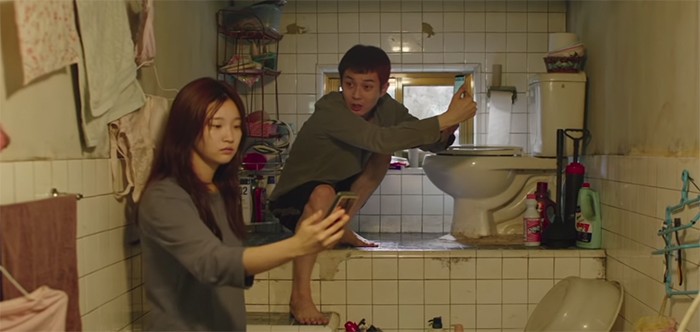“Every leap of civilization was built on the back of a disposable workforce.”
That’s Niander Wallace, played by Jared Leto, in Blade Runner 2049. Wallace is the chairman of the successor to the Tyrell Corporation, a company which makes replicants for use on the offworld colonies. “More human than human” is their motto.
Blade Runner and the novel it was based on, Philip K. Dick’s Do Androids Dream of Electric Sheep?, was far from the first science-fiction story to address this idea. There are smatterings of it in everything from R.U.R., the Czech play which gave us the term “robot”, to the first modern sci-fi story Frankenstein. Would an artificial person be fully human? What counts as artificial? If the thought of treating an artificial human like a machine fills us with disgust, shouldn’t slavery also fill us with disgust? What about the more extreme forms of capitalist exploitation?
The latest film by Bong Joon-ho, Mickey 17, explores the question of who counts as human with a little more humor than Blade Runner. (Granted, that’s not hard; I love both Blade Runner films, but it’s difficult to conceive of a more humorless story.) Based on the novel Mickey7 by Edward Ashton (which had 10 fewer Mickeys), the film stars Robert Pattinson as a loser from the future. He and his friend Timo (Steven Yeun) try their hand at entrepreneurship with a candy shop. But to raise the necessary capital to make their macaron dreams a reality, they have to borrow money from the worst loan shark on Earth, the sadistic Darius Blank (Ian Hanmore). Unfortunately, the future’s macaron biz ain’t what it used to be, so Timo and Mickey end up on the run from Blank and his henchman Chainsaw Guy (Christian Patterson). As many poor people have throughout history, they sign up for a one-way trip to the colonies to escape persecution at home.
The expedition is led by Kenneth Marshall (Mark Ruffalo), a slimy politician who is also trying to renew his sagging fortunes. Marshall’s wife Yfla (Toni Collette) is a scheming Lady MacBeth type whose sickly sweet demeanor drops instantly when she thinks she’s being disrespected or disobeyed. In fact, everyone on this spaceship to Niflheim seems to be some flavor of toxic jerk, except for Nasha Barridge (Naomi Ackie), the head of security who is somehow both level-headed and completely horny for Mickey. This goes great, until Marshall bans all sexual activity on the ship. Sex is too calorie-intensive for this expedition, which has very narrow margins for error. Every slurp of gray nutrient goo counts!
All the ship’s food and other consumables come from the recycler, a tank of glowing goo where all of the organic waste ends up. Which brings us to Mickey’s job.
Recently, the Disney corporation tried to get a theme park-connected wrongful death lawsuit dismissed because the plaintiffs had clicked “accept” on the Disney+ terms of use, which indemnified the company against any wrongdoing. Something similar happened to Mickey. Desperate to leave Earth, he signed up as an Expendable without reading the fine print on the contract. Marshall’s expedition takes advantage of human printing technology. Banned on Earth, the tech allows Mickey’s memories to be saved on a hard drive that looks like a brick. Then, if his body dies, a copy of his body can be reprinted, and his new brain’s neurons imprinted with the saved personality. Voilà, instant immortality.
But with an expendable, it’s not “if” he dies, but “when” he dies. Mickey gets the most dangerous assignments on the ship. Every time he doesn’t make it back, the science crew prints up a new copy of their boy and hosts a “lessons learned” meeting. You wanna know how long it takes to die in a hard radiation environment? Put Mickey in there and find out. Need a vaccine for a deadly virus? It’ll take a basketball team’s worth of dead Mickeys to refine the formula. Want to explore the frozen wastes of Niflheim, looking for edible alien life forms? Mickey’s your guy.
It’s on one of those expeditions when the Expendables program goes wrong. Mickey falls down a crevice in the ice and becomes trapped in a cave. Timo comes to his rescue, but he doesn’t have enough rope. Besides, why try too hard to save a guy who has already died and been reborn 17 times? Plus, Mickey’s cries for help have attracted the attention of the natives. These creatures look like a cross between a woolly mammoth and a tardigrade and range in size from cute lapdog to tractor-trailer. Mickey hopes the swarm of cute-but-ferocious critters will eat him quickly so he doesn’t have to freeze to death. But instead, they plop him out onto the surface again. Mickey presumes they like their meals cold, so he runs blindly into the snowstorm. When he’s picked up by a passing transport, he returns to the colony base. But Timo reported Mickey dead, and they’ve printed out Mickey 18. This is a big problem because in the event of multiples, standard procedure calls for both copies to be destroyed and fed back into the recycler.
Pattison’s Mickey 17 is a good-natured schlub, while Mickey 18 got all of his aggressive tendencies. Caught between the threatening alien Creepers and the unforgiving terms of their contract, two versions of the same guy have to cooperate to survive. Pattinson is electric in both roles. Meanwhile, Ackie plays it straight as the girlfriend who has to choose which version of Mickey she wants to be with.
Bong’s last film Parasite won Best Picture and is one of the best films of the century. But despite Ruffalo’s Trumpy performance as the leader, this isn’t a searing social satire. Even with a back half that gets bogged down in subplots inherited from the novel, Mickey 17 is original, darkly hilarious, and a lot of fun.
Mickey 17
Now playing
Multiple theaters
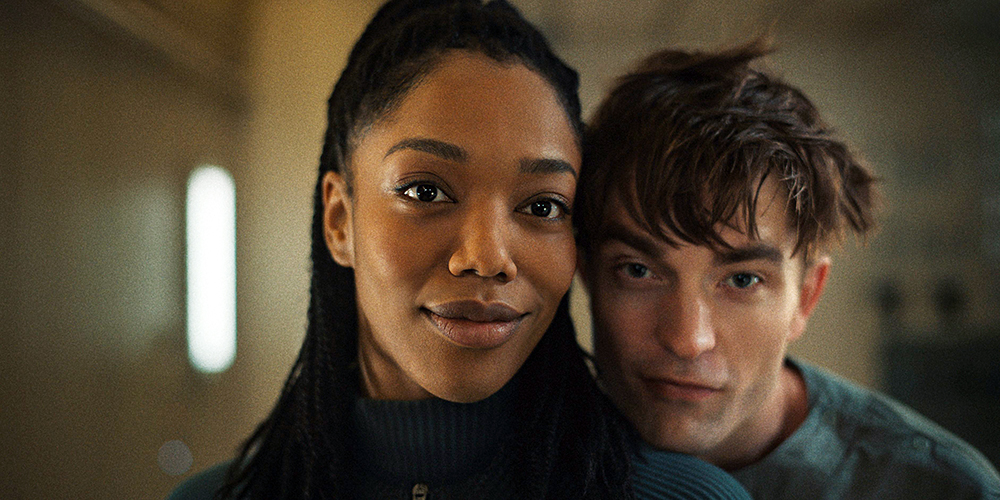
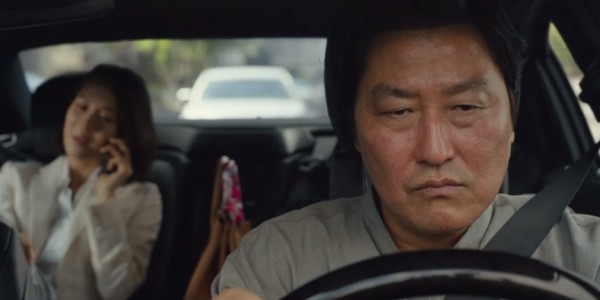
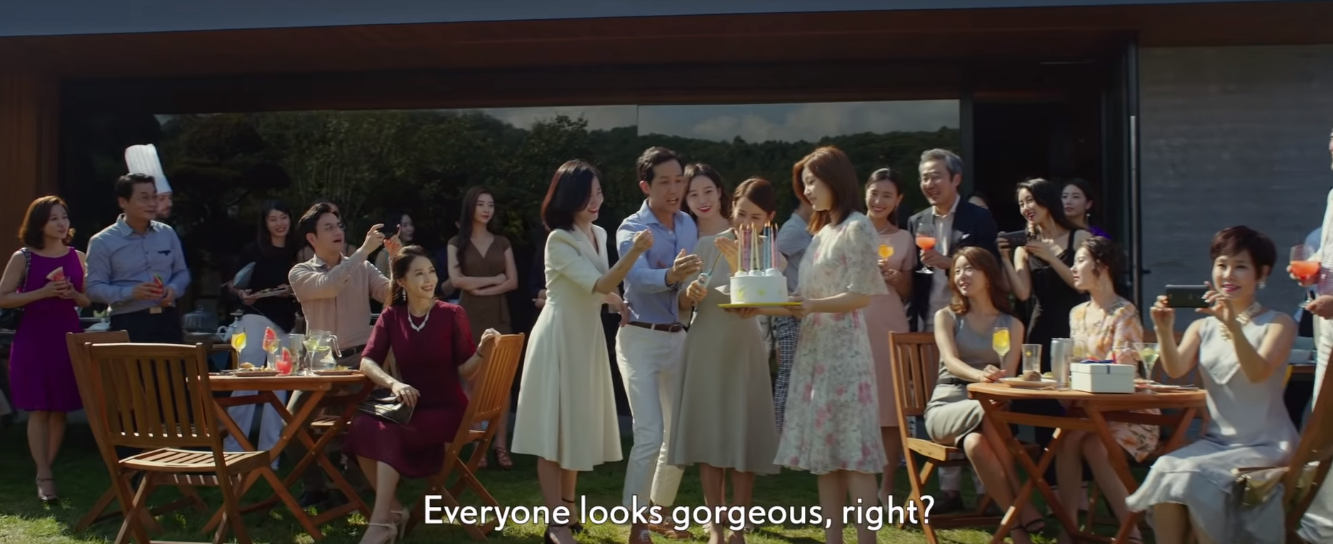

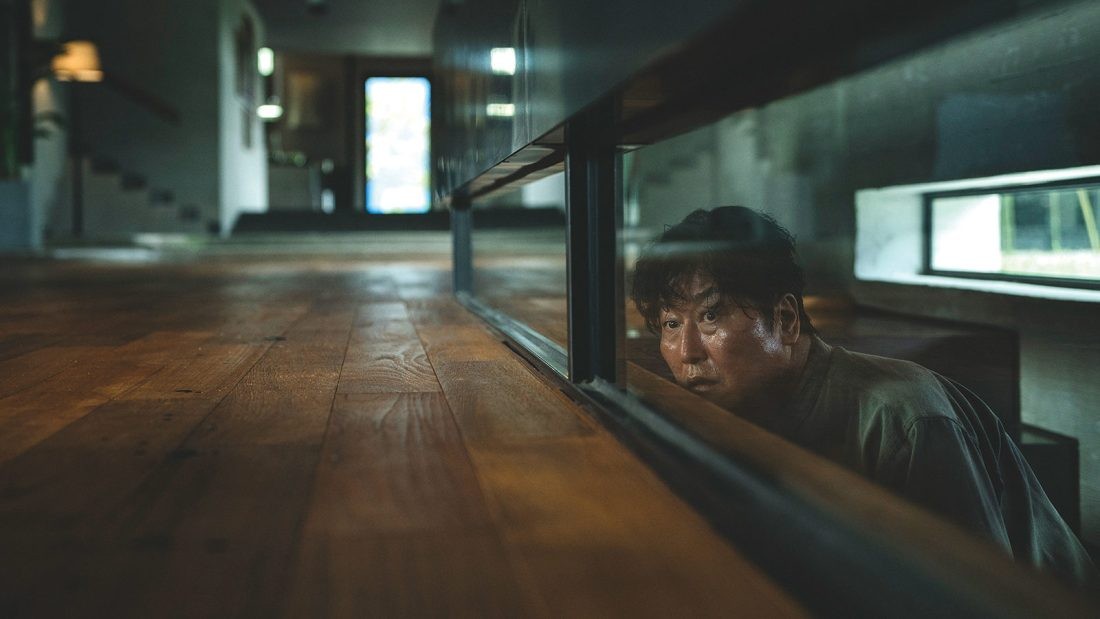

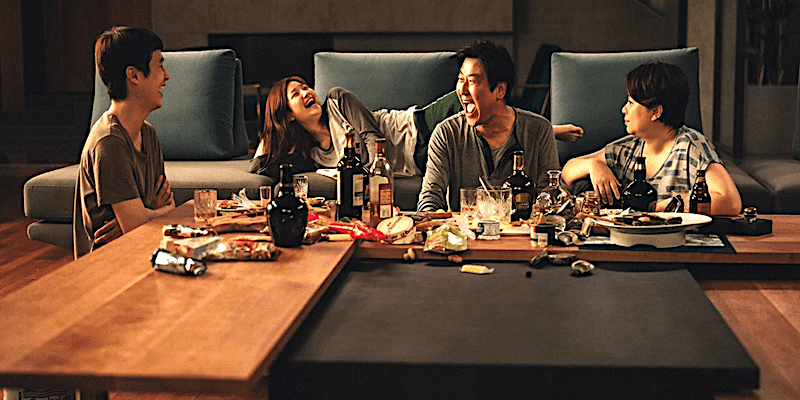

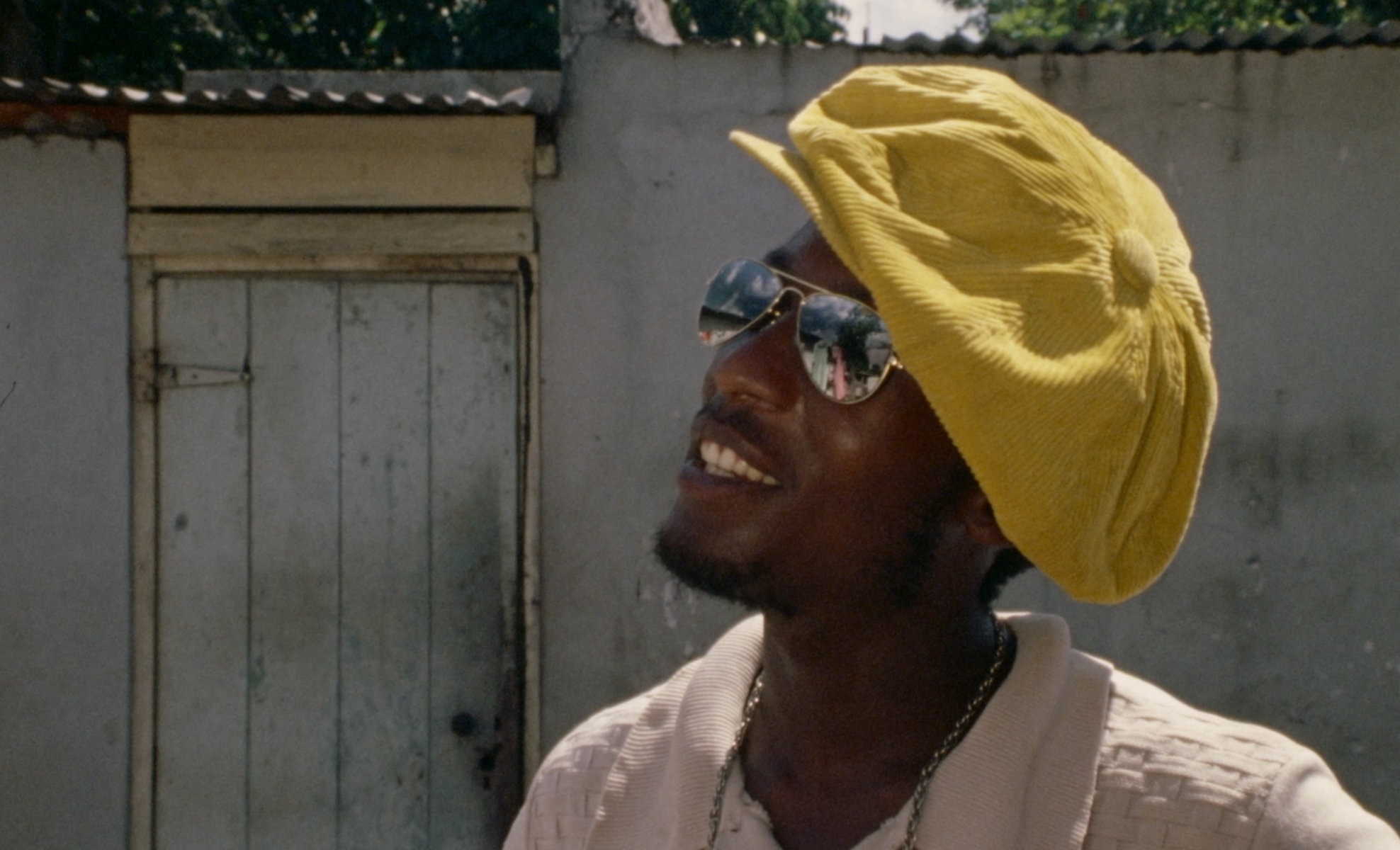
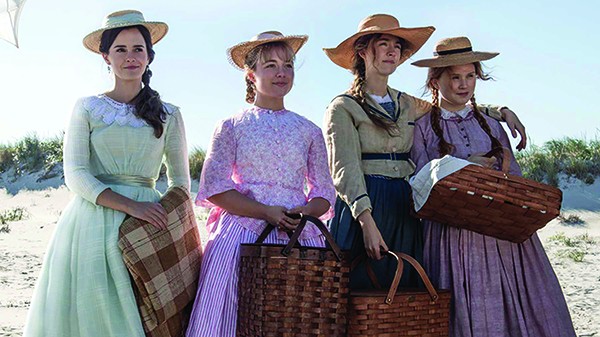
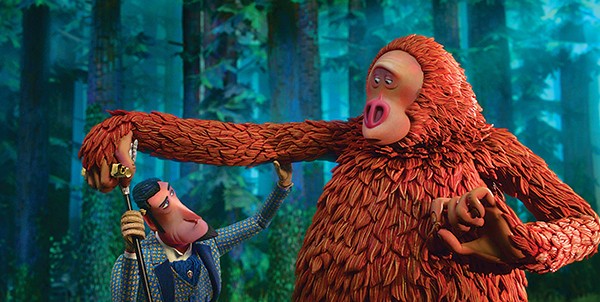
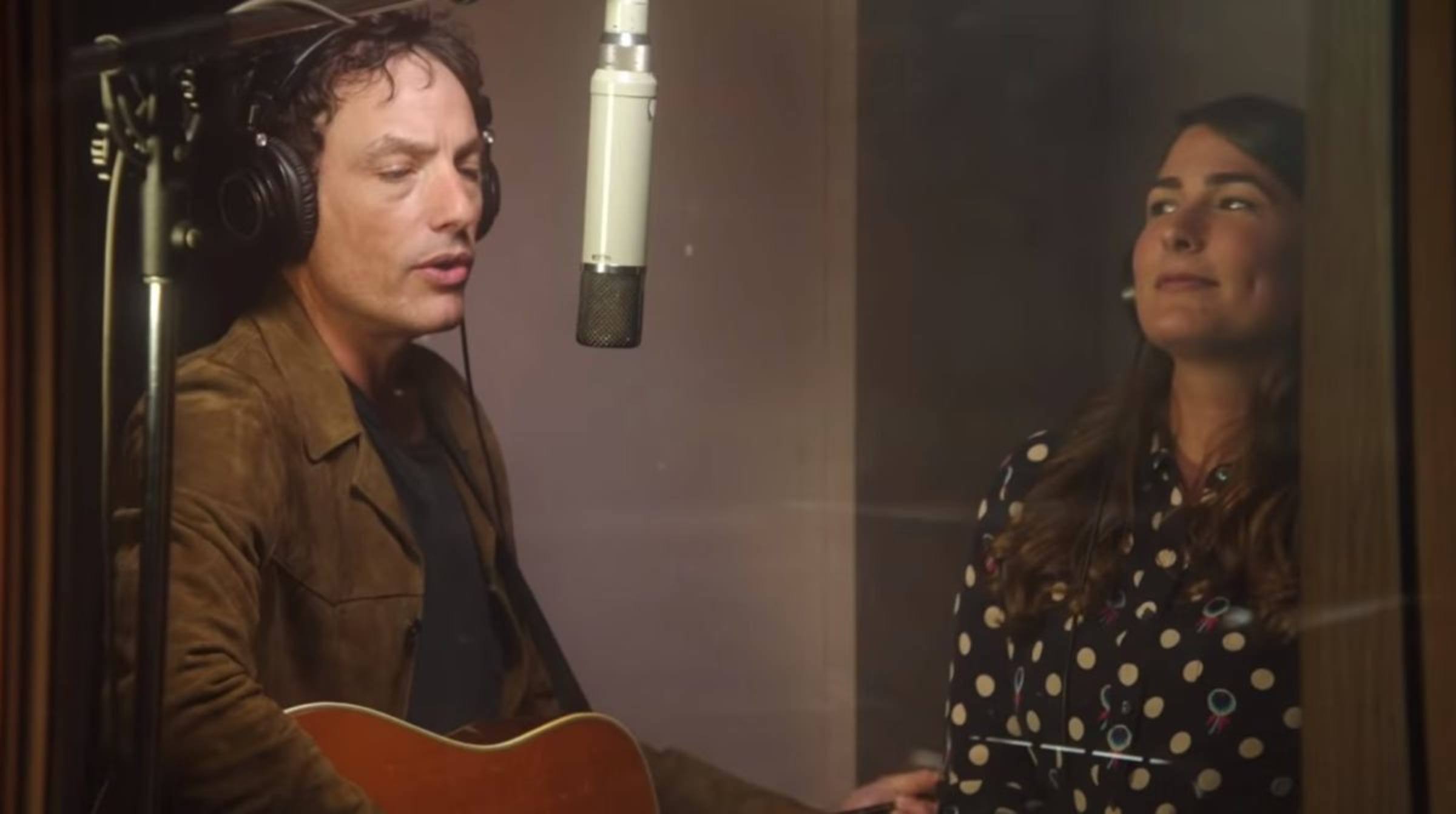


 Amazing Grace LLC
Amazing Grace LLC 